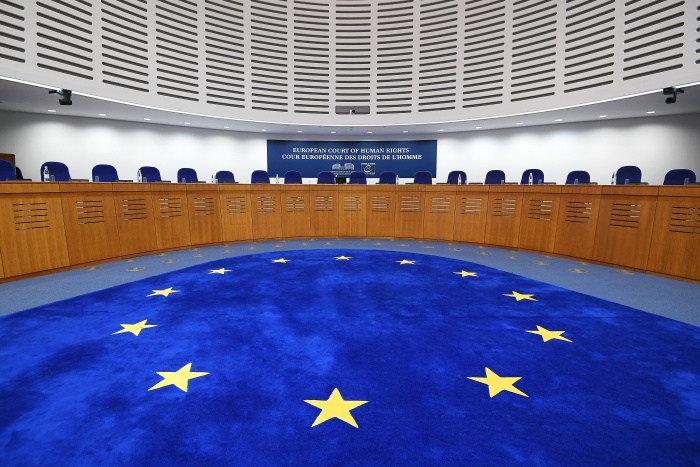The latest statistics released by the European Court of Human Rights (ECtHR) show that pending cases filed against Turkey represent 33.2 percent of the court’s entire caseload, the Stockholm Center for Freedom reported.
According to the Strasbourg court’s data, of the 71,450 pending applications, Turkey accounts for 23,750, significantly surpassing any other country currently subject to the court’s jurisdiction. The country is followed by Russia with 12,900 cases and Ukraine with 8,850.
Ali Yıldız, a Brussels-based lawyer and human rights advocate, pointed out on social media that Turkey has almost triple the number of cases originating from the 37 states that collectively have the fewest number of cases pending.
📌AIHM tarafından bugün açıklanan istatistiklere göre Mahkeme önünde bekleyen 71,450 başvurunun 23,750'si (33,2%) Tūrkiye'ye karşı. 📌37 taraf devlet hakkında 9,000 başvuru varken, TR hakkında 37 devletin 3 katına yakın başvuru var. https://t.co/kTYc8srLof pic.twitter.com/SOUrQV82fA
— Ali Yıldız (@aliyildizlegal) December 14, 2023
The high volume of cases is not the court’s only problem with Turkey, which in recent years has refused to comply with a number of its binding rulings, most notably its orders to release imprisoned civil society leader Osman Kavala and Kurdish politician Selahattin Demirtaş, both of whom have been held behind bars for more than five years on grounds that were found politically motivated by the court.
Turkey’s noncompliance with the Kavala judgment has triggered infringement proceedings, a mechanism that could ultimately see the country’s expulsion from the Council of Europe.
In recent months the ECtHR faulted Turkey over the mass detention and prosecution of people with alleged links to the Gülen movement, including a landmark decision that found unlawful the conviction of a teacher on terrorism-related charges.
While the court said the violations that occurred in the conviction were “systemic in nature,” calling on Turkey to take general measures to address the underlying problems, Turkish government officials signaled an unwillingness to do so.
Turkey accuses the Gülen movement of orchestrating a failed military coup in July 2016, although the movement denies any involvement.
Following the coup attempt, the Turkish government declared a state of emergency and carried out a massive purge of state institutions under the pretext of an anti-coup fight. More than 130,000 civil servants, including 4,156 judges and prosecutors, as well as 24,706 members of the armed forces were summarily removed from their jobs for alleged membership in or relationships with “terrorist organizations” by emergency decree-laws subject to neither judicial nor parliamentary scrutiny.
Turkey was ranked 117th among 142 countries in the rule of law index published by the World Justice Project (WJP) in October, dropping one rank in comparison to last year.


